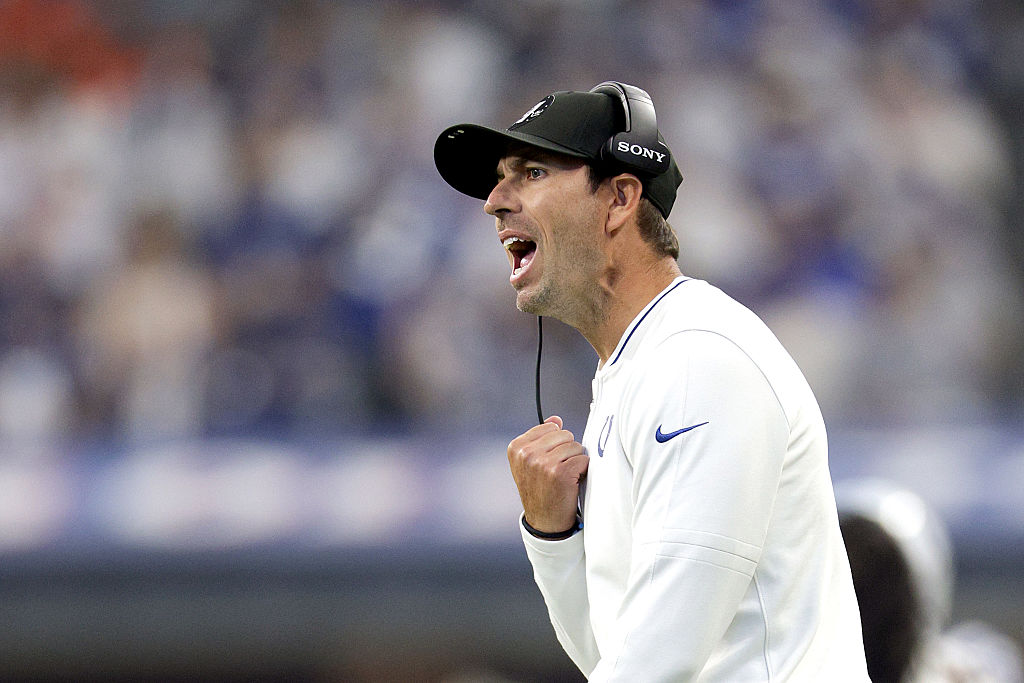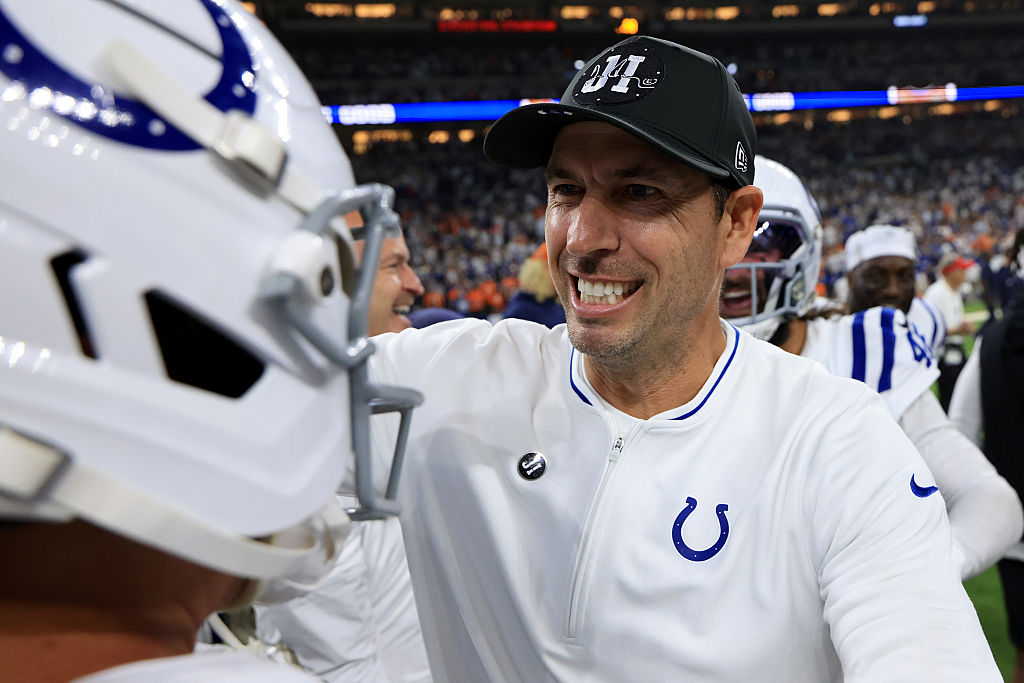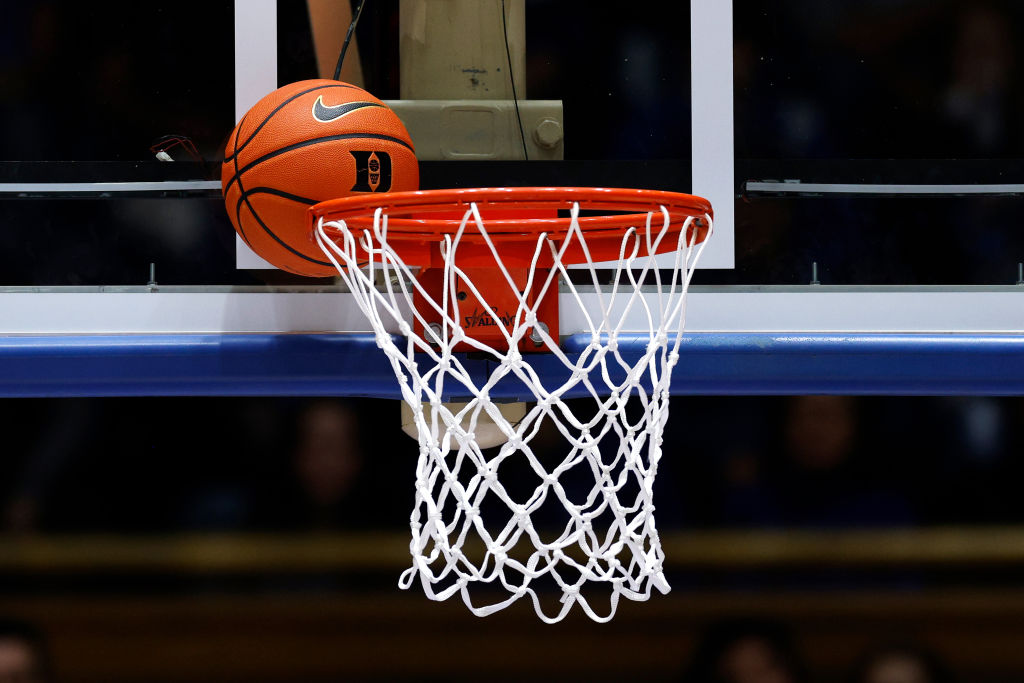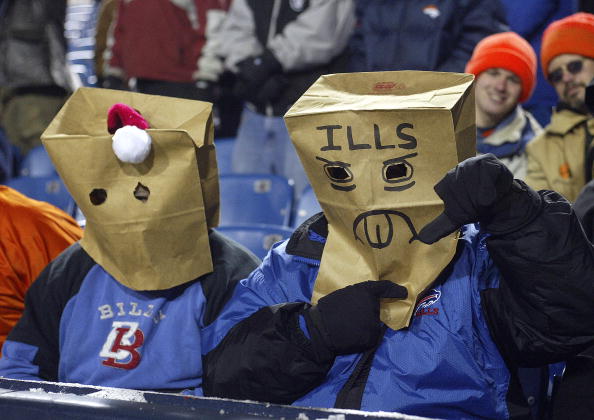Shane Steichen Explains End Of Game Decisions

INDIANAPOLIS – It’s easier to explain once that yellow hanky gave the Colts one more life.
And 24 hours later, Shane Steichen is singing a different tune on his late-game decision making in the team’s Week 2 escape over the Dolphins.
On Monday afternoon, the Colts head coach began his weekly “day after the game” press conference expressing some regret over his conservative play-calling in the final minutes.
“Looking back at the end of the game, going back through it, getting the first down there with Alec (Pierce), I probably should have been more aggressive there,” Steichen said. “I have a lot of faith in (Spencer Shrader) to make a kick but don’t want to put him in those situations from that deep. We had 3 timeouts. Probably could have thrown the ball on second or third down there to get it closer for a field goal.
“Learn from that and obviously don’t want to do that to our guys again.”
Steichen and the Colts caught quite the break on Sunday when they originally had to settle for a 60-yard game-winning Spencer Shrader.
That came after the team ran Jonathan Taylor three times for 2, 1, and -2 yards on the three plays following the first down toss to Pierce.
But they would get another, much more manageable, chance following a “leverage” penalty on the Broncos.
Shrader then connected on the 45-yarder, securing quite the Houdini finish, with direct fortune to the Denver penalty covering up Steichen’s questionable decision-making.
In the immediate aftermath of being bailed out from a 60-yard attempt turning into a 45-yarder, Steichen was initially hesitant on revealing too much of his thinking.
“We were in field goal range there (at 58 yards),” Steichen said Sunday after the win. “Felt good about it. And then on that third down, obviously, we went backwards there on that one. But yeah, I mean, that’s football sometimes. Obviously, we got the penalty that helped us out and found a way to win it there.”
When pushed further on the head-scratching decision to run it on 7 of the 8 plays on the final drive, thus asking Shrader to make a franchise-long kick, Steichen added a little more content on Sunday.
“I guess I’ll get into it, whatever,” the head coach said at his post-game press conference. “It’s the kickoff there at the end. We don’t want to let them get a return there. That’s why. And then obviously you kick it out. I mean, obviously we saw a situation that already happened in the league with it.”
Before that game-winning attempt on Sunday, Shrader had attempted field goals from the following distance in his 2-year NFL career: 24, 25, 25, 28, 28, 29, 31, 33, 35, 36, 41, 45, 48.
While distance length isn’t too much of a question for Shrader, his attempt from 60 on Sunday ended up being short and right.
On Monday, Steichen stood by the hope to drain the clock enough to avoid a return, while also realizing he could have gotten into more reasonable range for Shrader.
“I think we still could have been aggressive without them getting the (kick) return,” the third-year head coach said. “They had no timeouts. So I could have been aggressive, stay in bounds, with the throw, whatever it may have been, stay in bounds, and bleed the clock down there in that situation.”
With Denver out of timeouts following the Pierce first down, the Colts could have run it on 2 of the next 3 plays, still thrown it on the other, risking a clock-stopping an incompletion, and the clock still would have been less than 10 seconds following the Shrader attempt.
Life in the NFL puts immense stress on these end of game situations, and the Colts survived this one, with expected more aggression coming if such a situation arrives again.



















